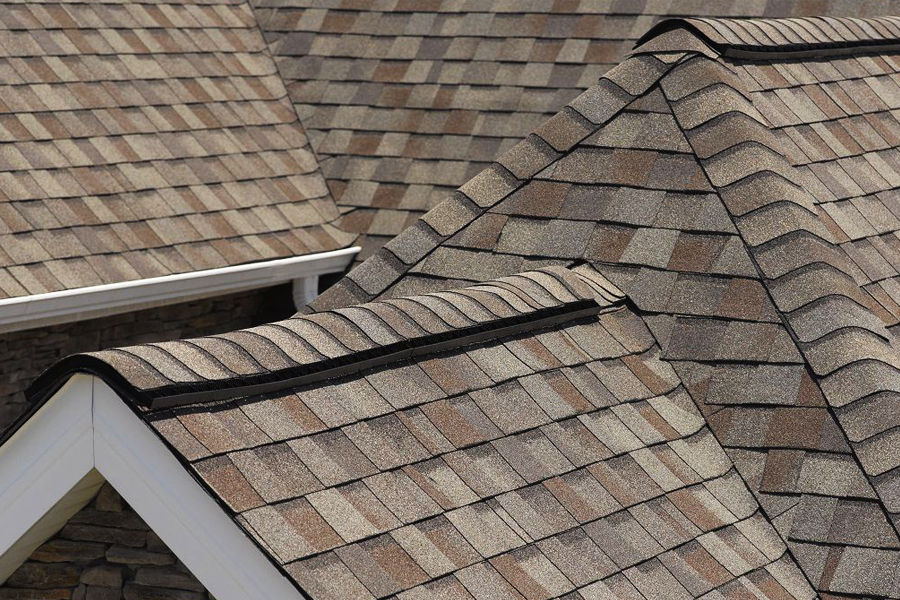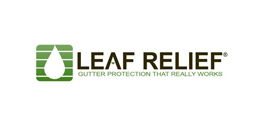Your roof is one of the most important parts of your home. It protects you and your family from the elements and keeps you dry on those rainy days. But, how long can you expect your roof to last? The answer depends on a variety of factors, including the type of material used, its color, slope, ventilation, and underlayment.
Your standard shingle roof can last 15-30 years. The CertainTeed shingles we use last about 50 years. Other common materials like cedar shake and rubber can last around 50 years, metal roofs can survive 50+ years, while slate or tile roofs have a lifespan of over a century.
Factors Affecting How Long A Roof Will Last
The lifespan of a roof depends on several factors such as the type of roofing material used, quality of installation workmanship, climate and weather conditions in your area, regular maintenance and upkeep by the homeowner, proper ventilation and insulation, the color of the roofing material, the slope of the roof and the underlayment used.
However, irrespective of which roofing system you use or what warranties come with them; it’s vital that you replace your roof using a reliable roofing contractor before it starts leaking or causing other problems such as damage caused to mold growth or rotting wood sheathing in certain areas where moisture has built up over time due to poor ventilation or gutter discharge.
Material Type
The longevity of a roof depends on several factors, but the choice of roofing material is the most critical.
Material Color
Choosing the right color for your roofing material is essential for its longevity. Light-colored roofs reflect sunlight and heat efficiently, while dark-colored ones absorb more heat and may deteriorate faster over time due to wear and tear from UV rays. Therefore, it’s important to choose a color that is both aesthetically pleasing and practical for your climate. Additionally, regular maintenance and inspections can help prevent leaks or discoloration and extend the lifespan of your roof.
Roof Slope
Proper roof slope is critical for the durability and longevity of any roofing system. If you live in areas prone to heavy rainfall or snowfall, the importance of an appropriate slope increases due to the risk posed by moisture and extreme weather conditions. A well-installed roofing system with an adequate slope ensures proper drainage and reduces the chances of leaks or other related problems. So make sure you choose a reliable roofing contractor who understands the importance of an ideal slope when installing your new roof.
Ventilation
Proper roof ventilation is essential for your roof’s durability and lifespan. Good ventilation helps regulate temperature and moisture levels in the attic, preventing damage to your roof’s structure caused by mold or rot. Inadequate airflow can lead to excess heat and moisture buildup that causes shingle discoloration or curling, as well as leaks or other issues. To ensure optimal performance and longevity of your roofing system, consult a reputable roofing contractor about adequate ventilation systems that work best with your type of material or roof style.
Underlayment
The underlayment is a critical layer of material installed on top of the roof deck and underneath the shingles. Its primary function is to provide an additional layer of protection against moisture, which can significantly impact the lifespan of your roofing system. Different types of underlayment are available based on local building codes and weather conditions, including synthetic underlayment, preferred over traditional felt due to its superior durability and resistance to tearing. Installing it correctly is crucial for ensuring a long-lasting and leak-free roof.
Frequently Asked Questions
Regular maintenance is key to extending the lifespan of your roofing system. Even with proper ventilation and underlayment, weather conditions such as high winds or tornadoes can damage clay tile roofs or wood shakes.
Homeowners should consider regular inspections to avoid costly repairs due to roof leaks or moisture. The most common type of roofing material is asphalt shingle, but high-end materials like metal or slate have a longer lifespan and durability against rust and UV rays.
Q: How Often Should A Roof Be Replaced?
The lifespan of a roof depends on material, climate, and maintenance. While some materials can last up to 100 years, most roofs last between 15-25 years. Regular inspections and maintenance can extend its life. If damage or end of lifespan is approaching, consider a roof replacement.
Q: How Do You Know When It’s Time To Replace Your Roof?
Several signs, such as damaged shingles, leaks, and visible wear and tear, may indicate the need for a new roof. The lifespan of your roof is influenced by weather conditions, ventilation, and maintenance. Regular inspections and maintenance will help detect problems early on and extend the life of your roof.
Q: How Do You Tell If Your Roof Is Damaged?
Regularly inspect your roof for signs of damage such as cracked shingles, water stains on ceilings or walls, and visible wear. Address any issues promptly to prevent further damage and costly repairs. Consult with a professional if you need repairs or are unsure about your roof’s condition.
Q: How Long Does It Take To Replace A Roof?
A replacement time-frame varies based on factors such as roofing material, roof size, and weather conditions. It can take a couple days to a week or more to complete. The complexity of the roofing system and any required upgrades or repairs can impact the timeline.
Q: How Much Does A Roof Replacement Cost?
The cost of a new roof depends on factors like roof size, material, and installation complexity. Proper budgeting and obtaining quotes from multiple contractors are crucial. Investing in quality materials and professional installation can increase the lifespan of your new roof.
Q: How Long Will Your New Roof Last?
The longevity of a new roof relies on roofing material, installation quality, and environmental factors. Maintenance and inspections elongate the lifespan. Poor ventilation and harsh weather can cut it short. Consult with a roofing expert for your specific needs.
Q: Can You Finance Your New Roof?
Yes, some roofing companies offer financing options like low-interest loans or payment plans to help homeowners afford a new roof. However, it’s crucial to review the terms and conditions carefully before signing up, as some companies may require a down payment or credit check. Financing can be a useful option for those who need a new roof but cannot pay for it all at once.
How Long Do Roofs Last
The lifespan of your roof depends on several factors, including the type of material, color, slope, ventilation, and underlayment. Regular maintenance is also crucial for a long-lasting roof.
Asphalt shingles are a popular and cost-effective option but may require more frequent replacements. Metal roofing is durable and long-lasting but can be expensive upfront. Wood shakes and shingles offer natural aesthetics but require more maintenance. Slate tiles are premium and elegant but come with a higher price tag. Rubber roofs are modern and energy-efficient but may not be as visually appealing.




















